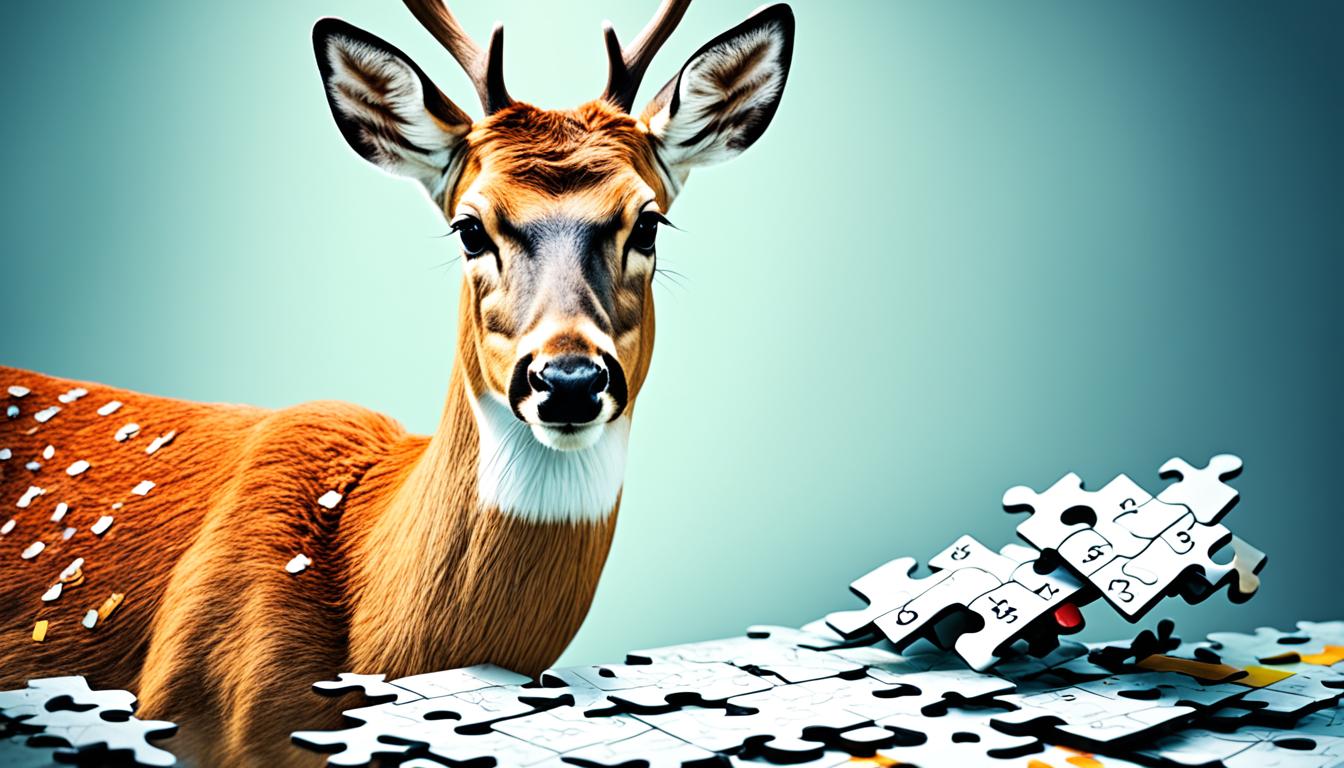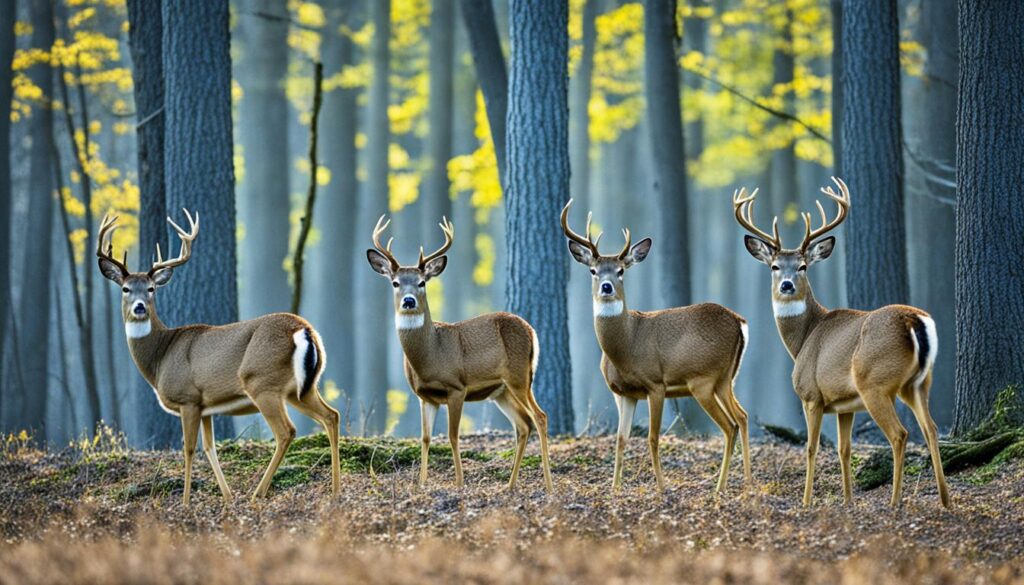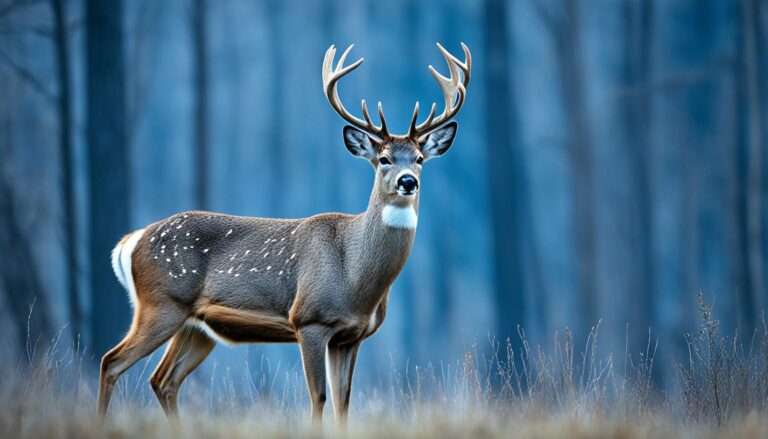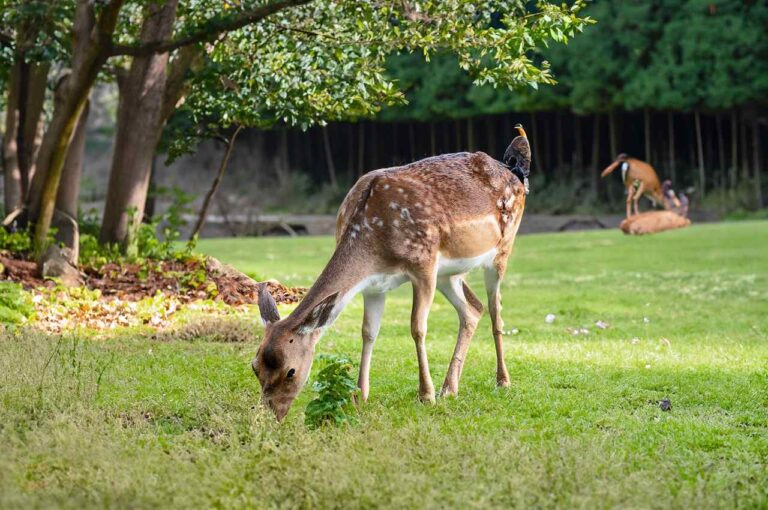Are Deers Smart? Unveiling Their Cognitive Skills
- Wyoming Deer Season 2025-2026 New Schedule & Rules - 15 September 2025
- Wisconsin Deer Season 2025-2026: WI Deer Hunting Guide [Schedule, Rules, Licenses] - 15 September 2025
- West Virginia Deer Season 2025-2026 Complete Date & Guide - 15 September 2025








